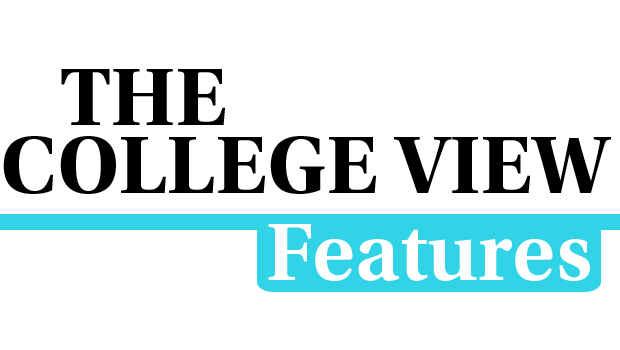
By Freya Drohan
With almost seven billion inhabiting this planet, it’s a given that countless people assume that they have the requisite talent to make it as a global star.
This century has thus far been defined and shaped by reality television. While the idea of talent shows can be traced back to the 1940s, the appeal to a modern generation of instant celebrity status being attainable has contributed to their dominance in recent years.
Shows like Pop Idol and Popstars came to the fore in Britain in 2001 and 2002 respectively, and introduced the idea that if your mum thinks you can sing Mariah Carey’s ‘Hero’ like no one else, then the rest of the world should be obliged to listen. Ireland too saw the opportunity to cash in, and Irish Popstars debuted in 2002. Ironically, it remains most famous for introducing an underage Nadine Coyle to the general public.
The talent show is a platform for aspiring performers to prove they have what it takes to make it in a competitive industry that grants the wishes of a few but destroys the dreams of many. Naturally, they became popular for their entertainment value and the way in which we could relate to the contestants. Ten years after Simon Cowell first graced our screens on Pop Idol, the questions that remain are whether shows like this still hold any value, and whether they are still being watched.
Surveying several DCU students, the majority claimed they did not watch shows such as The X Factor (though relatively few of its estimated 12 million viewers seem to admit to watching). Reasons offered for this included its formulaic approach, it being repetitive year after year, the show’s irritating contestants, its overwhelming commerciality, and the way in which the show ridicules contestants.
Talent shows introduced the idea that fame, glory and recognition could be anyone’s, whether you’re a genuinely gifted singer with the ability to sell millions of records, or a pair of quiffed, hyperactive brothers. However, shows such as The X Factor appear tired and outdated in an age where Facebook and YouTube can act as career starters. As Communications student Jamie Harrold put it, “the Andy Warhol ideal of 15 minutes of fame does not apply now when you can instantly post videos, thoughts and images online… it’s not real fame.”
The backlash against talent shows seems to be rooted in their manufactured approach. Bachelor of Civil Law student Thompson Barry Doherty said: “They were once a good idea, but now they’re so commercial and the winner is predetermined by those behind the camera on the ability of contestants to generate revenue.” Take this year’s X Factor winners, Little Mix, as an example. They’re the first band to win in the history of the show, yet those four young girls were put together by a judge in the early stages of auditioning.
The idea of exploitation also undermines talent shows, with many feeling they cruelly take advantage of people for the sake of ratings. Doherty disagrees, stating many of those victimised “intentionally set out to search for fame when they are knowingly devoid of talent and deserve what they get”.
First year student Paul O’Donoghue feels that The Voice of Ireland offers a much better concept whereby the outcome of your audition is determined solely by your musical ability. This flies in the face of the “whole package” ideal pedalled by the The X Factor which Paul maintains is ridiculous as “very few of them can dance or perform anyway, it’s just a polite way of saying that they want young, good looking people”. Ellen Brannigan agrees that The Voice is appealing because it’s “close to home” and it’s the opposite of The X Factor where people are judged on their personality and looks.
The power of TV talent shows has certainly dwindled, with hopefuls seemingly destined to join the likes of Gareth Gates, One True Voice and the impossible-to-name seven previous winners of X Factor who ultimately end up in a worse position than before they started the show, with the bitter taste of short lived fame and a sharp fall from the dizzy heights of brief stardom. It appears that the talent show format has run its course. Will YouTube and similar sites become the most influential outlet for wannabe dreamers? Best get the ear plugs out.

Leave a Reply